|
Protect The 1st has long supported the people of the Apache Stronghold as they’ve faced the gut-churning prospect that the government will allow a foreign mining consortium to transform their ancient site of worship into a giant crater as long as the Washington Mall and deep as two Washington Monuments.
Over the summer, a three-judge panel of the Ninth Circuit Court of Appeals issued a ruling that refused to protect Oak Flat, a large swath of the Tonto National Forest that the federal government recognized in a 19th century treaty as land held sacred by the Apache. The court ruled that the transfer of this land to a copper mining consortium resulting from a midnight deal in Congress did not substantially burden the First Amendment right to religious exercise of the Apache. Protect The 1st objected that the absolute destruction of a religious minority’s site of worship, the Apache’s equivalent of the Vatican or Temple Mount, was a “substantial burden” of the right of religious freedom guaranteed by the First Amendment and the Religious Freedom Restoration Act (RFRA). In our view, the Ninth’s ruling would not only destroy the centerpiece of one religion, but would erode all religious protections guaranteed by RFRA. We weren’t alone in our thinking: Judge Marsha Berzon of the Ninth Circuit dissented, called her peers’ ruling “absurd,” “illogical,” “disingenuous,” and “incoherent.” In August, the judges of the Ninth Circuit called for a vote to rehear the case en banc, in front of a full court of 11 judges. Such requests for a rehearing are exceedingly rare, limited to about one-half of one percent of cases. Legal observers welcomed the maneuver as a chance for dissenting judges to get their opinions on record as fodder for a bid for certification for oral argument before the U.S. Supreme Court. Few legal observers gave Oak Flat a realistic chance for an actual rehearing. The Apache people, undaunted, responded in a positive and hopeful way by organizing a caravan to San Francisco to urge the court to go ahead and reconsider its ruling. On Thursday, the full court voted to grant Oak Flat a full en banc rehearing. Gene Schaerr, PT1 general counsel, congratulated the Becket law firm for its strong representation of the Apache. “This is a very encouraging day for religious liberty, the Religious Freedom Restoration Act, and the rights of religious minorities in America,” Schaerr said. “It is remarkable that the Ninth Circuit itself sought this review of its decision. “We congratulate the Ninth for this bold decision and look forward with enthusiasm to supporting the Apache’s case.” With a coming razor-thin Republican majority in the House to replace a razor-thin Democratic majority, there is a risk that the nuances of religious liberty will be overlooked in the partisan crossfire on Capitol Hill.
Consider Oak Flat – the pending transaction in which land sacred to the Apache for centuries and recognized as such by the federal government in a 19th century treaty – will be transferred to a foreign mining consortium. Land that is to the Apache what the Vatican is to Catholics and the Temple Mount is to Jews is slated to be utterly destroyed. When the mining is done, Apache’s sacred land will be a crater as long as the Washington Mall and as deep as two Washington Monuments. When debate concerning Oak Flat occurred in the House Natural Resources Committee on Wednesday, concerns about the rights of a minority religion, the free expression of religion under the First Amendment, and the protections of the Religious Freedom Restoration Act were barely mentioned. The mostly party-line vote was on a measure to press the Biden Administration to release internal memos on what Republicans see as its slow-walking of environmental and other approvals for the land transfer. The debate between the still-Democratic majority and the incipient Republican majority centered around the overall policies of the Biden Administration. Wherever you come down in this debate, it is unfortunate that Oak Flat was chosen as the lead plaintiff for the case against Biden’s energy and environmental policies – at the expense of a focus on religious liberty. The measure did not pass, but it will have a better chance when the Republicans take control in January. When they do, they should consider that destroying the prime place of worship for one minority religion will make it all that easier for government to discriminate against other religions. The weakening of the Religious Freedom Restoration Act will also make it easier to infringe on the religious freedom of Christians and evangelicals, Jews, and Muslims. More Students Support Violence Against Offensive Speakers A new poll of undergraduate students reveals they lack a basic understanding of the First Amendment’s guarantees and are growing in acceptance of the heckler’s veto and even violence against speakers on campus.
These are the results of the William F. Buckley, Jr., Program’s eighth annual survey measuring the opinions of college students at four-year colleges and universities. One might wonder if a survey commissioned by a group named for the famous conservative author of God and Man at Yale might have a built-in bias of its own. But the survey, conducted by McLaughlin & Associates of 803 undergraduates nationwide, shows a clear deterioration in basic understanding of the principles of free speech that matches growing reports of intolerance for speech on campus over the last year.
The deterioration of speech principles in higher education begins as a failure in American secondary education. Students are not in disagreement with the American tradition of free speech and the Constitutional order as much as they seem to lack a basic understanding of what that tradition is. As always, such discussions center around the most offensive speech imaginable, but the practical effect is to demonize anyone we disagree with as being the moral equivalent of a Nazi or Satan. Limiting speech on campus can come from conservatives as well as from liberals. Students need to understand that – except for explicit calls to violence – hate speech, as contemptible as it is, is allowed in America. This is based on a mature understanding that once we outlaw one kind of speech, rhetorical contortions will be made to define any opposing argument as somehow being hateful and thus worthy of repression. Students are also not taught that outlawing hate speech does not eradicate it: rather, it drives such speech underground and glamorizes it. Repression endows hate speech with a glimmering allure for immature and unhealthy minds. “The First Amendment bars the government from deciding for us what is true or false, online or anywhere,” the ACLU recently tweeted. “Our government can’t use private pressure to get around our constitutional rights.”
The ACLU responded to a report from Ken Klippenstein and Lee Fang of The Intercept news organization that the federal government works in secret to suggest content that social media organizations should suppress. The Intercept claims that years of internal DHS memos, emails, and documents, as well as a confidential source within the FBI, reveal the extent to which the government works secretly with social media executives in squashing content. After a few days of cool appraisal of this story, we have to say we have more questions than answers. It is fair to note that The Intercept has had its share of journalistic controversies with questions raised regarding the validity of its reporting. It also appears that this report is significantly sourced on a lawsuit filed by the Missouri Attorney General, a Republican candidate for the U.S. Senate. We’ve also sounded out experts in this space who speculate that much of the content government is flagging is probably illegal content, such as Child Sexual Abuse Materials. There is also reason for the government to track and report to websites state-sponsored propaganda, malicious disinformation, or use of a platform by individuals or groups that may be planning violent acts. If Russian hackers promote a fiction about Ukrainians committing atrocities with U.S. weapons – or if a geofenced alert is posted that due to the threat of inclement weather, an election has been postponed – there is good reason for officials to act. The government is in possession of information derived from its domestic or foreign information-gathering that websites don't have, and the timely provision of that information to websites could be helpful in removing content that poses a threat to public safety, endangers children, or is otherwise inappropriate for social media sharing. It would certainly be interesting to know whether the social media companies find the government’s information-sharing efforts to be helpful or whether they feel pressured. The undeniable problem here is the secret nature of this program. Why did we have to find out about it from an investigative report? The insidious potential of this program is that we will never know when information has been suppressed, much less if the reason for the government’s concern was valid. The Intercept reports that the meeting minutes appended to Missouri Attorney General Eric Schmitt’s lawsuit includes discussions that have “ranged from the scale and scope of government intervention in online discourse to the mechanics of streamlining takedown requests for false or intentionally misleading information.” In a meeting in March, one FBI official reportedly told senior executives from Twitter and JPMorgan Chase “we need a media infrastructure that is held accountable.” Does she mean a media secretly accountable to the government? Klippenstein and Fang report a formalized process for government officials to directly flag content on Facebook or Instagram and request that it be suppressed. The Intercept included the link to Facebook’s “content request system” that visitors with law enforcement or government email addresses can access. The Intercept reports that the purpose of this program is to remove misinformation (false information spread unintentionally), disinformation (false information spread intentionally), and malinformation (factual information shared, typically out of context, with harmful intent). According to The Intercept, the department plans to target “inaccurate information” on a wide range of topics, including “the origins of the COVID-19 pandemic and the efficacy of COVID-19 vaccines, racial justice, U.S. withdrawal from Afghanistan, and the nature of U.S. support to Ukraine.” The Intercept also reports that “disinformation” is not clearly defined in these government documents. Such a secret government program may include information gathered from activities that violate the Fourth Amendment prohibition on accessing personal information without a warrant. It would also be, to amplify the spirited words of the ACLU, a Mack Truck-sized flattening of the First Amendment. One cannot ignore the potential that the government is doing more than helpfully sharing information with websites along with a suggestion that it be taken down. Is the information-sharing accompanied by pressure exerted by the government on the website? From the information now available, we simply don't know. Bottom line: if these allegations are true, the U.S. government in some cases may be secretly determining what is and what is not truth, and on that basis may be quietly working with large social media companies behind the scenes to effect the removal of content. So, the possible origin of COVID-19 in a Chinese laboratory was deemed suppressible, until U.S. intelligence agencies reversed course and determined that a man-made origin of the virus is, in fact, a possibility. And the U.S. withdrawal from Afghanistan? Is our government suppressing content that suggests that it was somehow a less-than-stellar example of American power in action? If these allegations are true, Jonathan Turley, George Washington University professor of law, is correct in calling this “censorship by surrogate.” This program, which Klippenstein and Fang report is becoming ever more central to the mission of DHS and other agencies, is not without its wins. “A 2021 report by the Election Integrity Partnership at Stanford University found that of nearly 4,800 flagged items, technology platforms took action on 35 percent – either removing, labeling, or soft-blocking speech, meaning the users were only able to view content after bypassing a warning screen.” On the other hand, the Stanford research shows that in 65 percent of the cases websites exercised independent judgment to maintain the content unmoderated notwithstanding the government's suggestion. After mulling this over for a few days, we propose the following:
There is no reason why the government cannot stand behind its finding that a given post is the product of, say, Russian or Chinese disinformation, or a call to violence, or some other explicit danger to public safety. But we need to know if the most powerful media in existence is subject to editorial influence from the secret preferences of bureaucrats and politicians. If so, this secret content moderation must end immediately or be radically overhauled. Petition to Supreme Court in Slockish v. U.S. Department of Transportation Protect The 1st today joined the Jewish Coalition for Religious Liberty, the Sikh Coalition, and the American Islamic Congress in petitioning the U.S. Supreme Court to review the harms inflicted on religious liberty by a Ninth Circuit Court of Appeals decision.
This petition concerns a case that began in 2008 when the U.S. Highway Administration, ignoring the objections of members of the Yakima Nation and Grande Ronde tribes, bulldozed Native ancestral burial grounds and dismantled a stone altar. The site was razed to widen U.S. Highway 26 in Oregon, while a tattoo parlor on the other side of the highway was left untouched. After this desecration of their sacred lands, tribal members sought relief for this infringement in federal court. On Nov. 24, 2021, the Ninth Circuit Court of Appeals ruled the government would not be held responsible for destruction of the sacred site and dismissed the case as moot. On Nov. 4, 2022, a coalition of Jews, Muslims, Sikhs, and Protect The 1st petitioned the Supreme Court to consider the threat to religious liberty, especially non-Western and Indigenous religious groups lacking political clout, by this cavalier treatment of a faith by the federal government. The coalition’s petition demonstrates three errors driving the Ninth’s egregiously wrong decision, which threatens to gut the protections of the free exercise of religion under the First Amendment, the Religious Freedom Restoration Act (RFRA), and the Religious Land Use and Institutionalized Persons Act (RLUIPA). First, The Ninth Circuit took a ‘our hands-are-tied approach.’ The court ignored that under RFRA, the government must rule out any possibility of remedying a religious freedom violation—including remedies that might partially satisfy the plaintiffs’ religious beliefs. The court uncritically accepted the government’s position that any relief would, somehow, involve “safety” regarding the highway easement. For example, the Ninth Circuit refused to consider actions that could be taken without impairing highway safety, such as planting trees or medicinal herbs in the surrounding areas, or whether any part of the sacred site could be rebuilt outside of the narrow strip of land covered by the easement. The coalition’s petition informs the High Court that the failure of the Ninth Circuit to consider the possibility of some measure of relief “is especially troubling here, where the Ninth Circuit was deciding the rights of minority religious adherents. Especially in such cases, courts must thoroughly evaluate what sorts of accommodations believers of minority faiths might find acceptable …” Second, the Ninth Circuit’s decision ignores RFRA’s broad grant of authority to the judiciary to redress government interference with religious practice. The coalition brief explains that the Ninth Circuit decision here “flouts RFRA’s text” and Supreme Court precedent. “In holding that courts are powerless to redress statutory and constitutional violations because some remedies might (in the government’s view) implicate a state agency’s right-of-way, the Ninth Circuit got things exactly backwards.” Instead, when federal courts confront federal actions that infringe on religious rights, the authority of courts to act in defense of those rights is strong. Third, the Ninth Circuit took at face value the government’s claims that no remedy was feasible, instead of analyzing that claim under RFRA and RLUIPA. The coalition concludes: “If left standing, the Ninth Circuit’s decision would gut RFRA, permitting government actors to simply claim ‘infeasibility’ whenever they find accommodating religious practice inconvenient.” “This case is a matter of heartbreak for American citizens of Native faiths,” said Gene Schaerr, general counsel of Protect The 1st. “It should also be a matter of deep concern for Sikhs, Jews and Muslims who wish to wear outward manifestations of their faith, as well as Christians and people of all faiths who want to preserve the protections of the Religious Freedom Restoration Act.” The threats to donor privacy keep coming. In 2021, the U.S. Supreme Court ruled 6-3 in Americans for Prosperity v. Bonta against a California law that would have forced non-profit organizations to report the identities of their donors to the state. That bad idea has now wafted across the Colorado River to find new life.
Arizona’s Proposition 211, “The Voters’ Right to Know Act,” would require organizations that promote, support, attack, or oppose a candidate within six months of an election – or mounts any public communication that refers to a candidate within 90 days of a primary – to disclose the identities of donors who give more than $5,000. Former Arizona Attorney General Terry Goddard has said that there is no evidence harassment of donors would be a problem. Does he not watch the news? To dismiss the danger of donors being “doxxed” is to ignore a pile of evidence as high as Camelback Mountain. A few years ago, Mozilla CEO Brendan Eich was forced out of his job when the California Attorney General mandated the disclosure of donors in support of Proposition 8, which supported traditional marriage. Small donors received death threats and envelopes containing white powder. Their names and ZIP codes were helpfully overlaid on a Google Map. And don’t overlook the tense state of our political culture, one in which Rep. Steve Scalise received multiple gunshots and the husband of House Speaker Nancy Pelosi had his skull fractured by a hammer. In both instances, disturbed men acted on political impulses. A chilling effect on the free exercise of one’s First Amendment rights need not come from violence. Exposure can heighten donors’ fear that they, or their businesses, will be singled out by vengeful regulators with political motivations or by activist boycotts. Whispered threats of cancellation can be just as effective as the cancellations themselves. Tellingly, the group behind this measure – the Voters’ Right to Know Committee – discloses the names of small donors, but does not disclose in its most recent official campaign report the corporations and out-of-state PACs behind this ballot initiative. Perhaps this committee’s “dark money” donors appreciate the words of Justice John Marshall Harlan II, who wrote in the NAACP v. Alabama decision that immunity from state scrutiny supports the rights of Americans “to pursue their lawful private interests privately and to associate freely with others.” Last week, we applauded Attorney General Merrick Garland for formalizing a rule in the Department of Justice that restricts the ability of federal investigators and prosecutors to get their hands on the notes of journalists.
We applaud the Attorney General’s action because the freedom of journalists to protect confidential sources has proven time and again a way to hold the government accountable for wrongdoing or malfeasance. As we took a long look at the published rule over the weekend, however, one aspect of it popped out at us. The DOJ rule protects “members of the news media” without giving that term any definition. Does the new DOJ rule protect local citizen journalists like Priscilla Villarreal, aka “Lagordiloca,” who was arrested by Laredo police and slapped with the Orwellian charge of “misuse of official information”? Does the rule protect the political and speech rights of activist groups, from BLM to Project Veritas, who post news? Or does it only protect salaried employees of large media organizations? We reiterate that the announcement of this rule, while heartening, is not enough. As we noted, it can be changed at any time. The fuzziness about DOJ’s thinking on who is and who is not a journalist is more reason for the Senate to pass the PRESS Act. This bill would prohibit the federal government from compelling journalists, and phone and internet companies, to disclose journalists’ notes, except in limited circumstances such as preventing terrorism or imminent violence. The PRESS Act, which passed the House by voice vote on Sept. 19, defines covered journalist as “a person who regularly gathers, prepares, collects, photographs, records, writes, edits, reports, investigates, or publishes news or information that concerns local, national, or international events or other matters of public interest for dissemination to the public.” This bill follows a successful approach enshrined in the law in most states. With little debate and no time required, the U.S. Senate should show that we all agree on the need for a free and unfettered press. |
Archives
June 2024
Categories
All
|
ABOUT |
ISSUES |
TAKE ACTION |


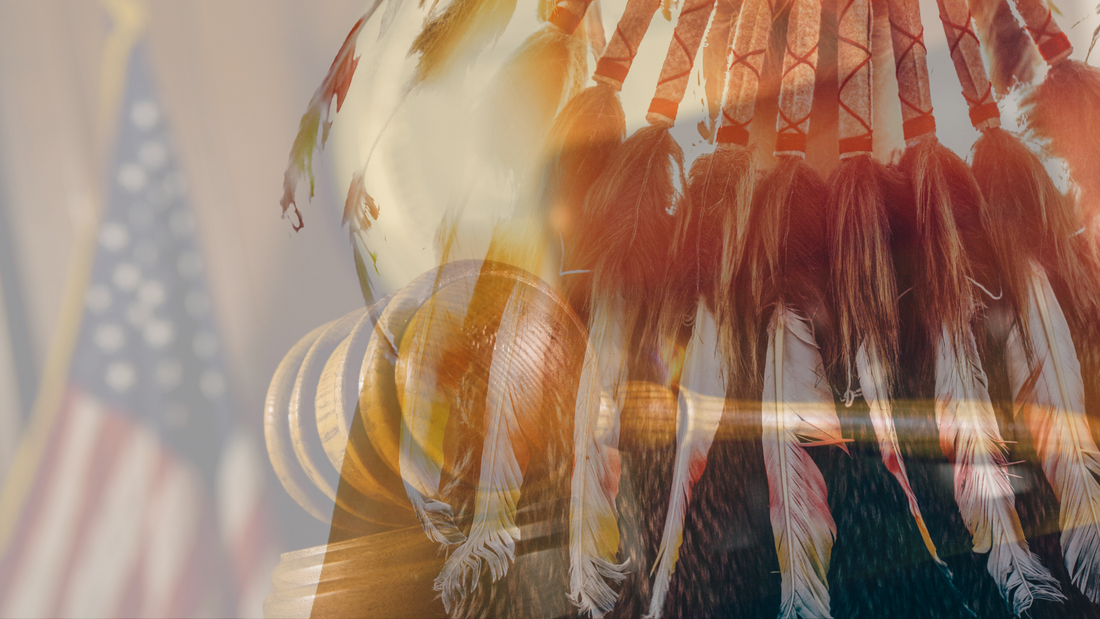
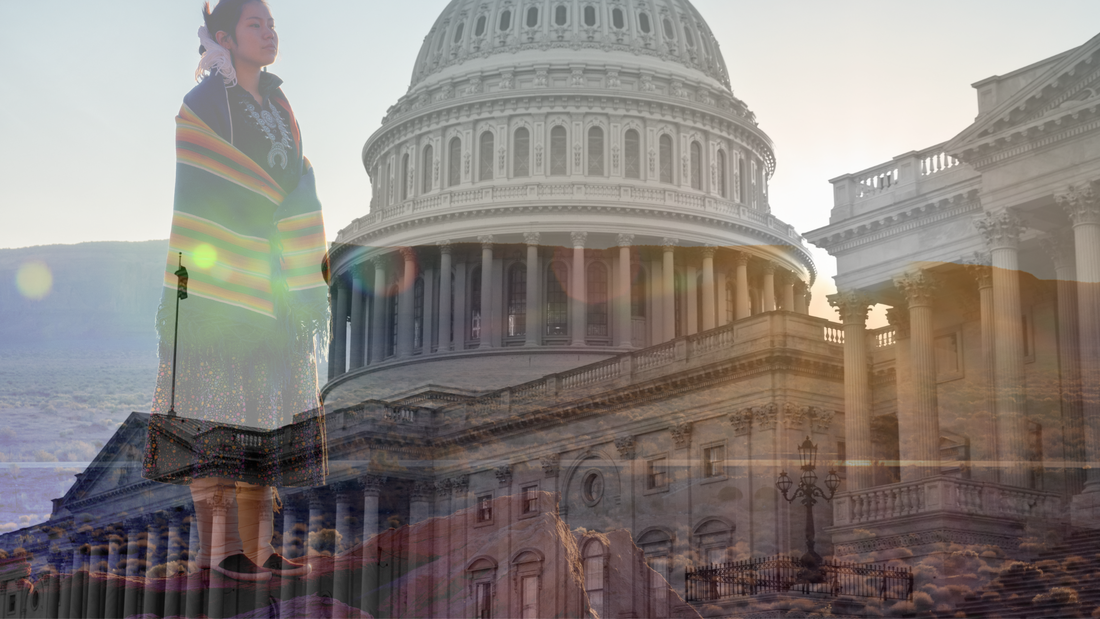

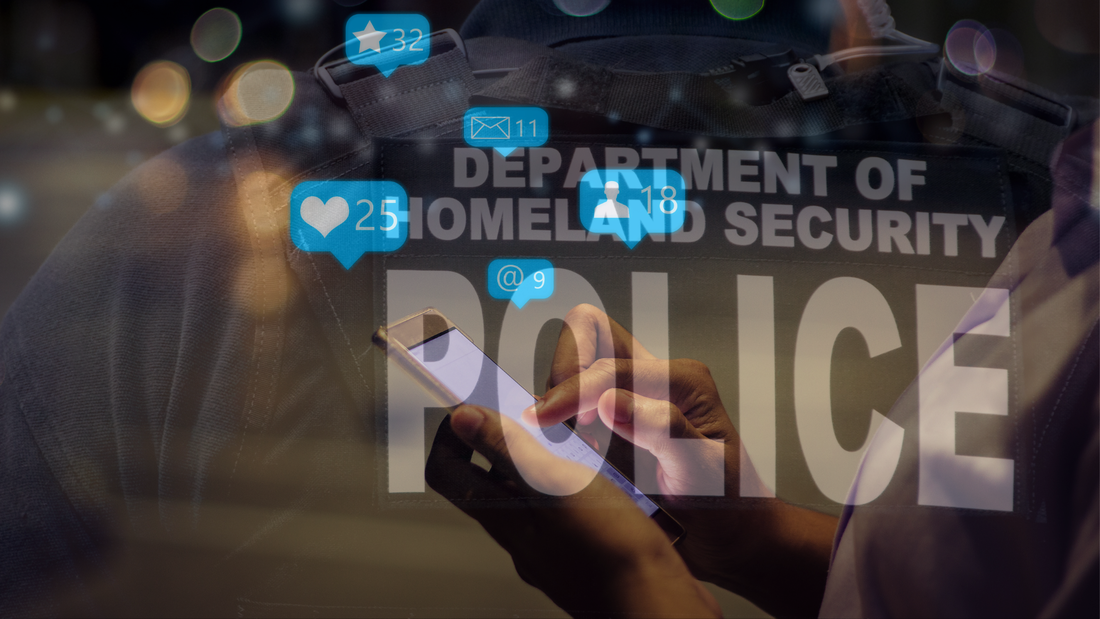

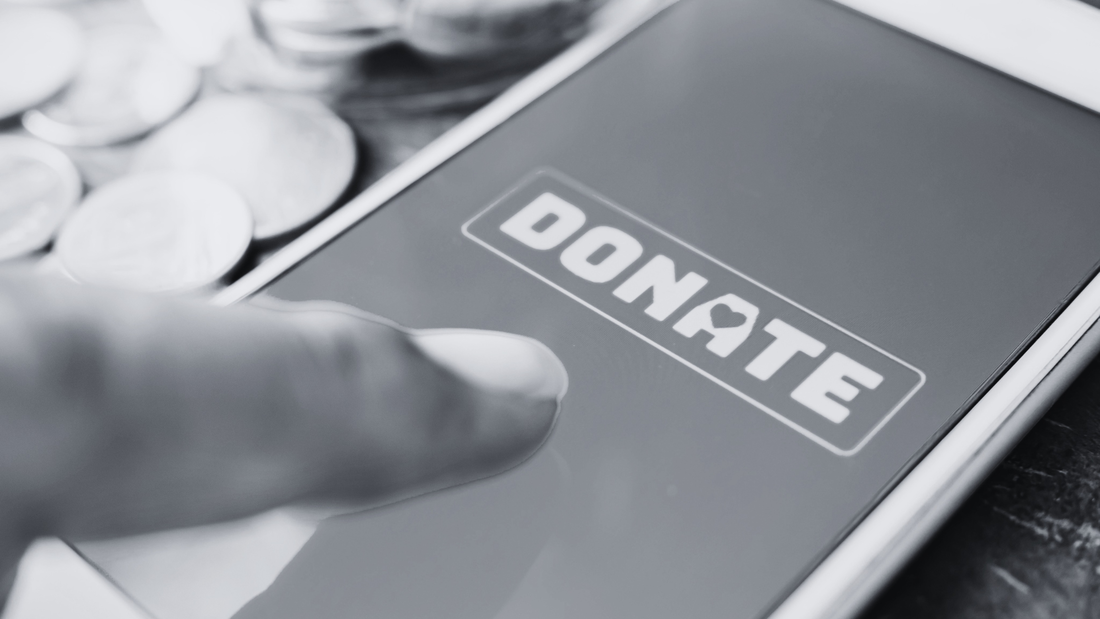
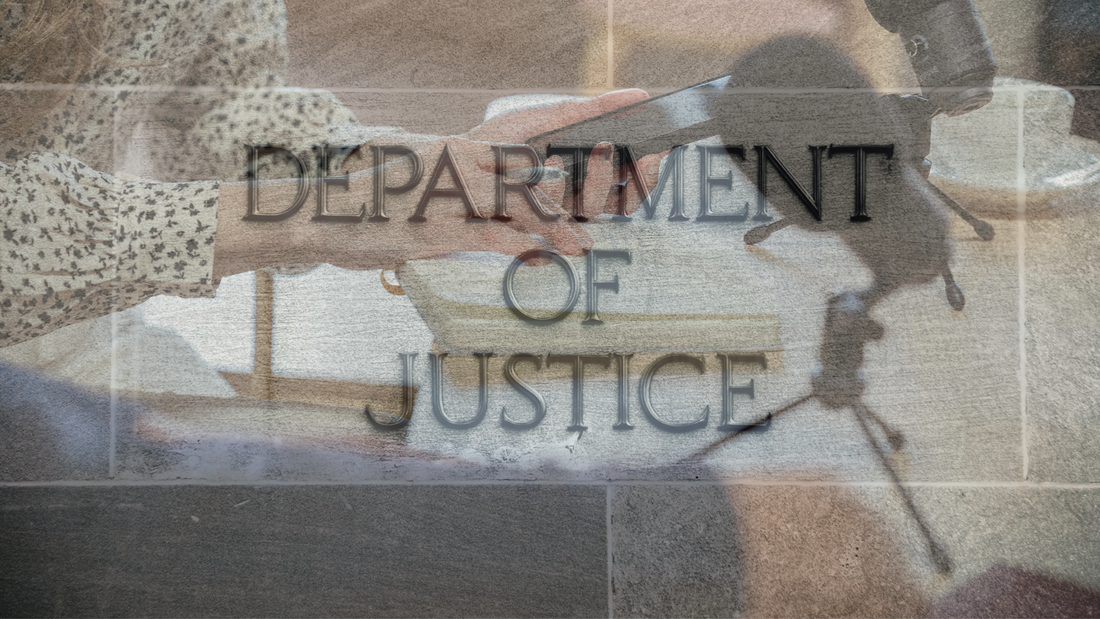
 RSS Feed
RSS Feed